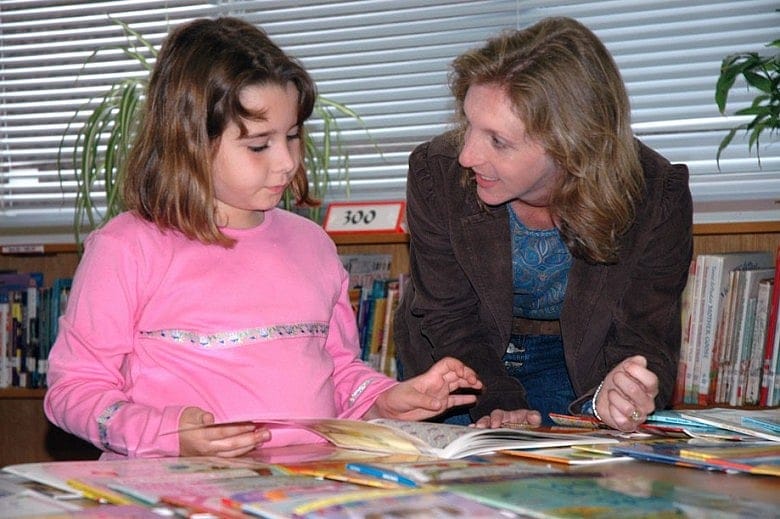The importance of relational trust in school communities

Trust is the most crucial factor during times of change and the single most important factor in the success of schools. Trust among faculty, administration, and parents enhances learning and overall achievement within a school culture. Trust is also fundamental to building friendship, personal relationships, and vibrant community.
As the Christian school strives to cooperate with God's intention to make our institution great, it is imperative that we build a community based on trust. In their groundbreaking book on the impact of trust within school communities entitled "Trust in Schools: A Core Resource for Improvement," authors Anthony Bryk and Barbara Schneider examine three types of trust necessary for school improvement.

